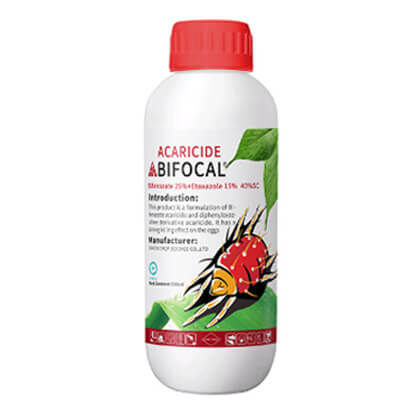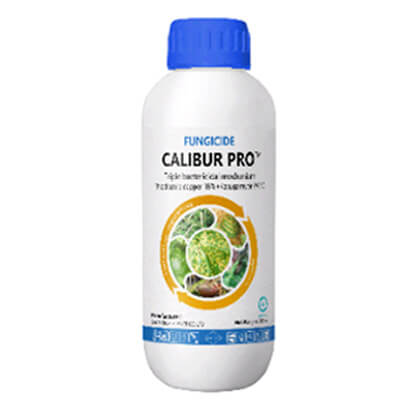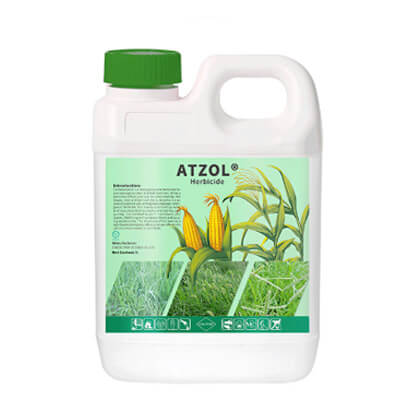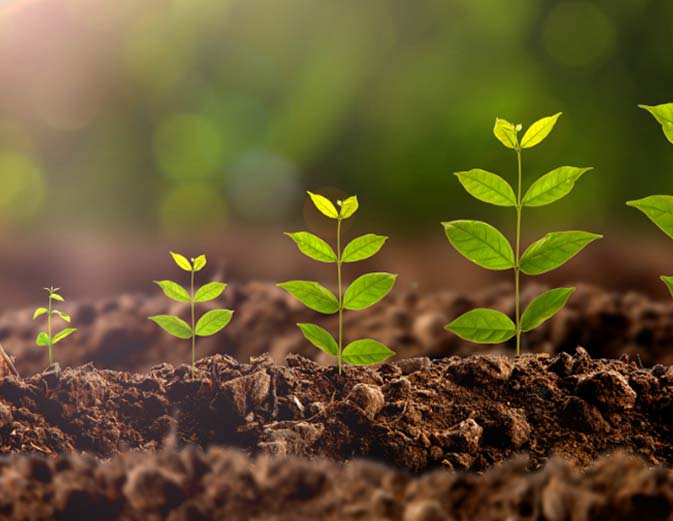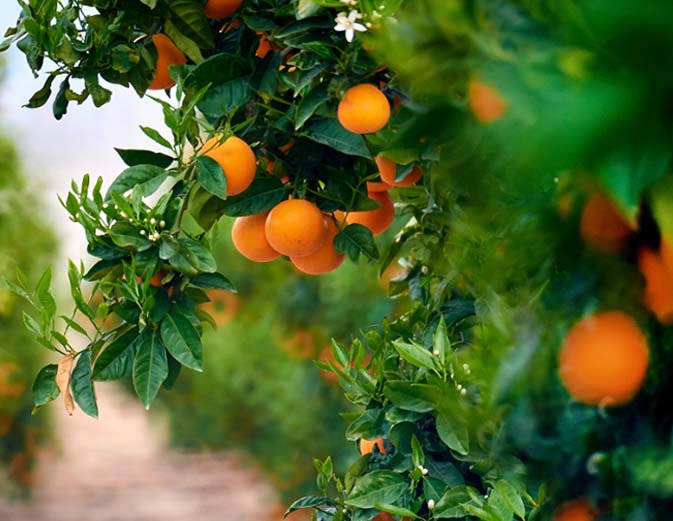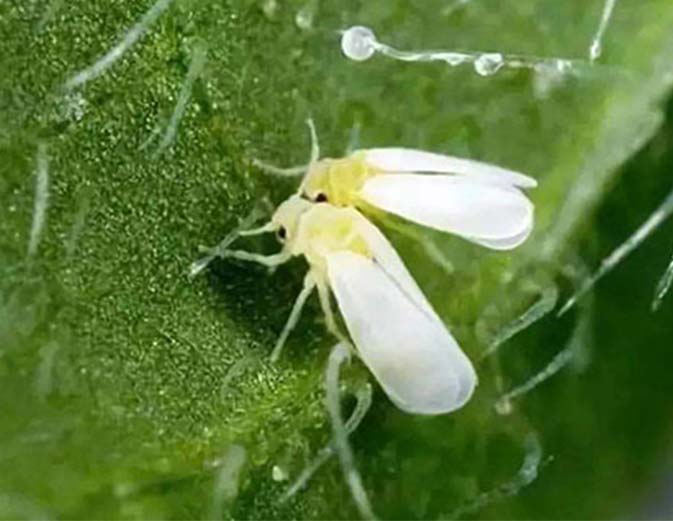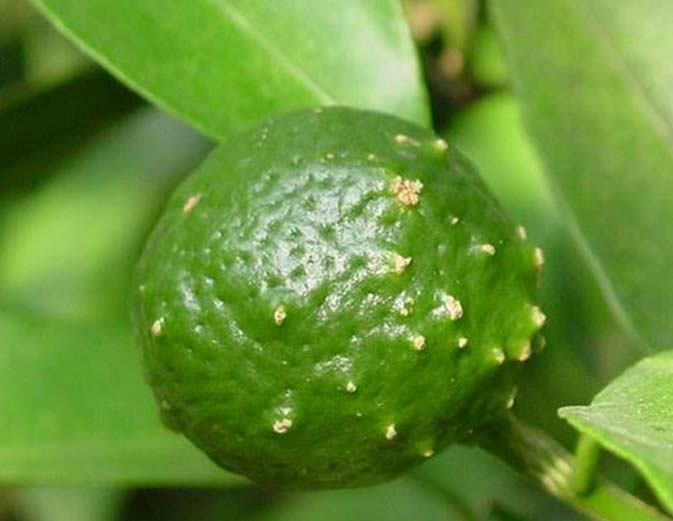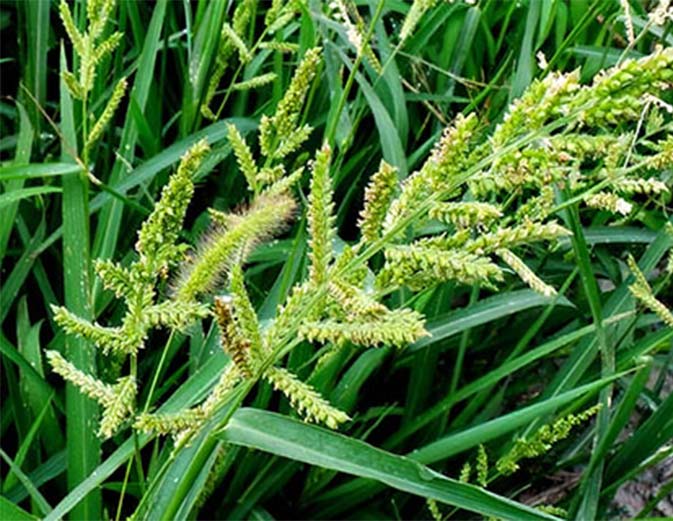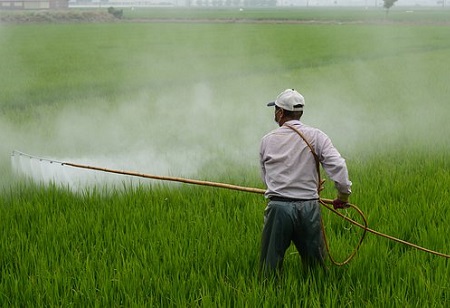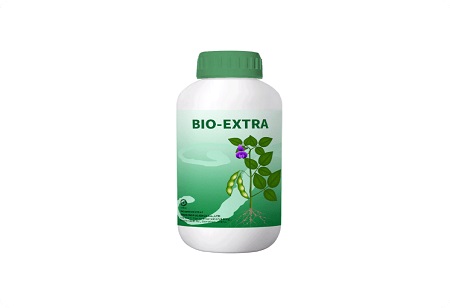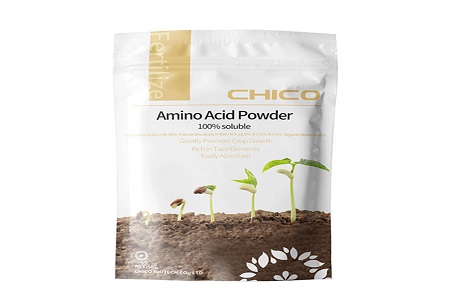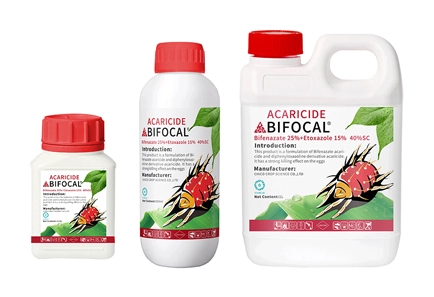
Biofertilizer Will Become an Important Driving Force for Green Agriculture
Fertilizer is an important means of agricultural production. The sustainable and stable development of agriculture is inseparable from fertilizer. Chemical fertilizers are widely used in production because of their rich content of available nutrients and significant yield-increasing effect.
Bio-organic fertilizer is an inevitable choice for sustainable agricultural development
Based on the current agricultural status quo, actively seeking efficient and environmentally friendly fertilizer alternatives and actively exploring ways to utilize agricultural waste resources have become a hot topic in agricultural research worldwide.
In this context, bio-organic fertilizers use their unique advantages to build a bridge between agricultural waste and crop growth, opening up a sustainable development path with a recycling model of "agricultural waste-bio-organic fertilizer-crops".
First of all, the application of bio-organic fertilizer is an important way to improve the basic soil fertility and improve the quality of agricultural products.
The original intention of the development and production of bio-organic fertilizers is to integrate the advantages of organic fertilizers and biological fertilizers, which not only helps to increase crop yields, but also fertilizes soil, regulates soil micro-ecological balance, reduces the amount of inorganic fertilizers, and fundamentally improves the quality of agricultural products.
The production of bio-organic fertilizer is an important means of resource utilization of agricultural waste
Agricultural waste is rich in nutrients and organic nutrients necessary for crop growth. The resources are utilized to make bio-organic fertilizer. The organic matter is mineralized, humified and harmless through the action of microorganisms, so that it can be absorbed and utilized by crops, not only can alleviate the pressure of agricultural waste on the environment, but can also turn waste into treasure and obtain certain economic benefits.
In summary, bio-organic fertilizer, as an efficient, pollution-free and environmentally friendly product, is an inevitable choice for sustainable agricultural development.
Advantages of bio-organic fertilizers
Bio-organic fertilizer is an organic fertilizer containing a large number of functional microorganisms made by adding functional microbial inoculants to decomposed materials for secondary fermentation on the basis of compost.
Compared with other fertilizers, bio-organic liquid fertilizer has the advantages of fertilizing soil and improving product quality.
Compared with chemical fertilizers: Bio-organic fertilizers have more complete nutritional elements. Long-term use can effectively improve soil, regulate soil and rhizosphere microecological balance, improve crop resistance to diseases and insect pests, and improve product quality.
Compared with farmyard manure: The fundamental advantage of bio-organic fertilizer is that the functional bacteria in bio-organic fertilizer have specific effects on improving soil fertility and promoting crop growth, while farmyard manure is produced by natural fermentation and does not have the special effects of dominant functional bacteria.
Compared with simple bacterial fertilizer: bio-organic fertilizer contains functional bacteria and organic matter. In addition to improving the soil, organic matter itself is the environment where functional bacteria live. After being applied to the soil, functional bacteria can easily colonize and play a role; while simple bacterial fertilizer only contains Functional bacteria, and the functional bacteria may not be suitable for certain soil environments. If the soil organic matter is lacking, they may not be able to survive or perform their intended functions.
The development and application of bio-stimulant products can not only create conditions for the development of green agriculture and organic agriculture, but also "turn waste into treasure" to realize resource utilization, which has high economic, ecological and social benefits. It is A strong guarantee for achieving sustainable agricultural development. In the future, bio-organic fertilizer will surely become a hot spot in the production and consumption of agricultural inputs in the fertilizer industry, and has broad development prospects.











